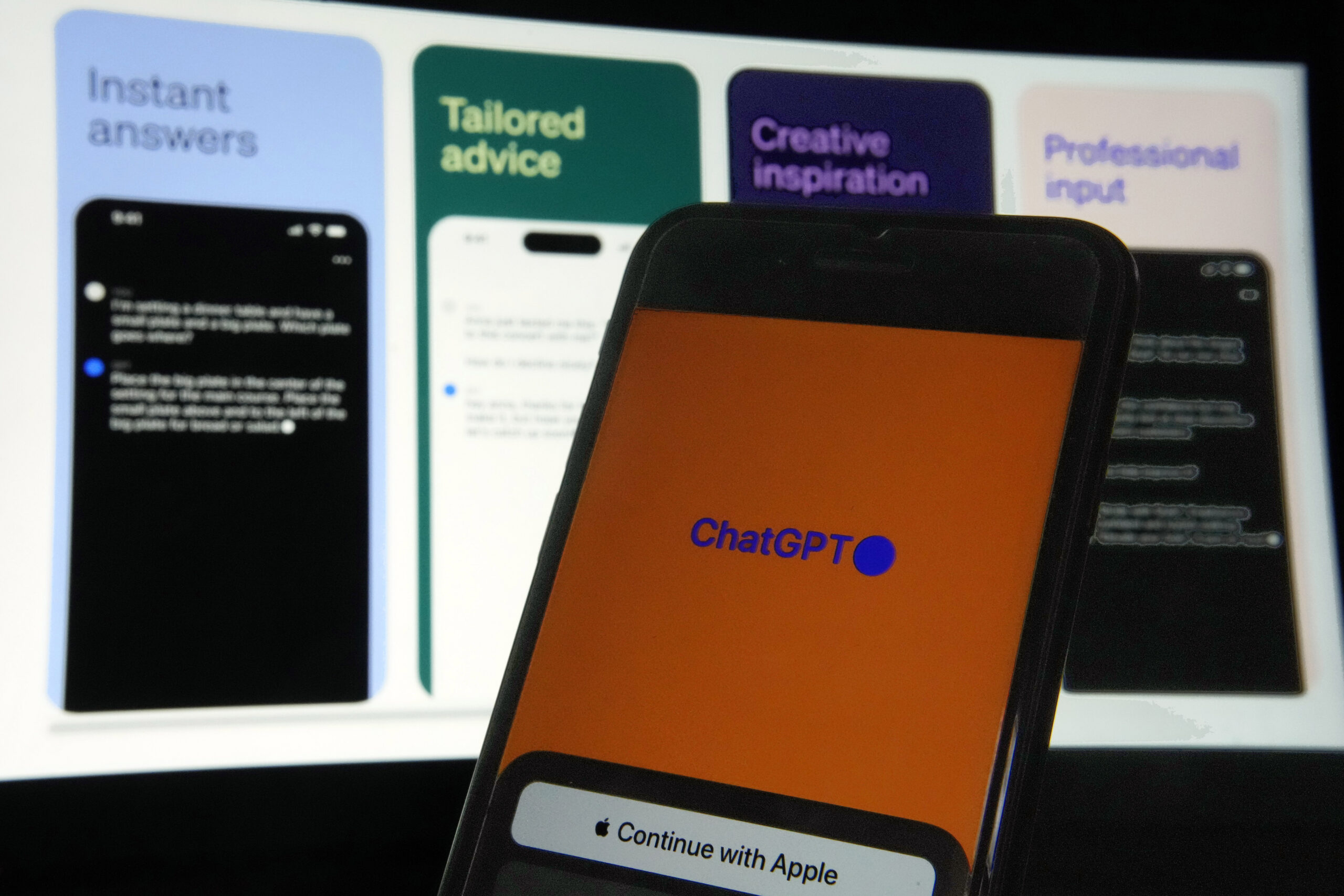Attorneys face cause using ChatGPT after AI makes up citations in court documents

Attorneys Peter LoDuca and Steven A. Schwartz face a unique order to show cause after using AI model ChatGPT, which fabricated non-existent case law references in their court papers. Photo: Richard Drew/AP.
Two attorneys from the reputed New York firm, Levidow, Levidow & Oberman, P.C., are getting set to respond to an unusual order to show cause after a judge found them using ChatGPT to help them with their legal research.
They were only caught after a judge noticed the inclusion of fictitious case citations in a formal court document.
The saga originated from an innocuous personal injury lawsuit where attorneys Peter LoDuca and Steven A. Schwartz sought to strengthen their case using precedent legal decisions and used the artificial intelligence model ChatGPT. Although designed to provide human-like text generation capabilities, it made up non-existent court cases as case law references.